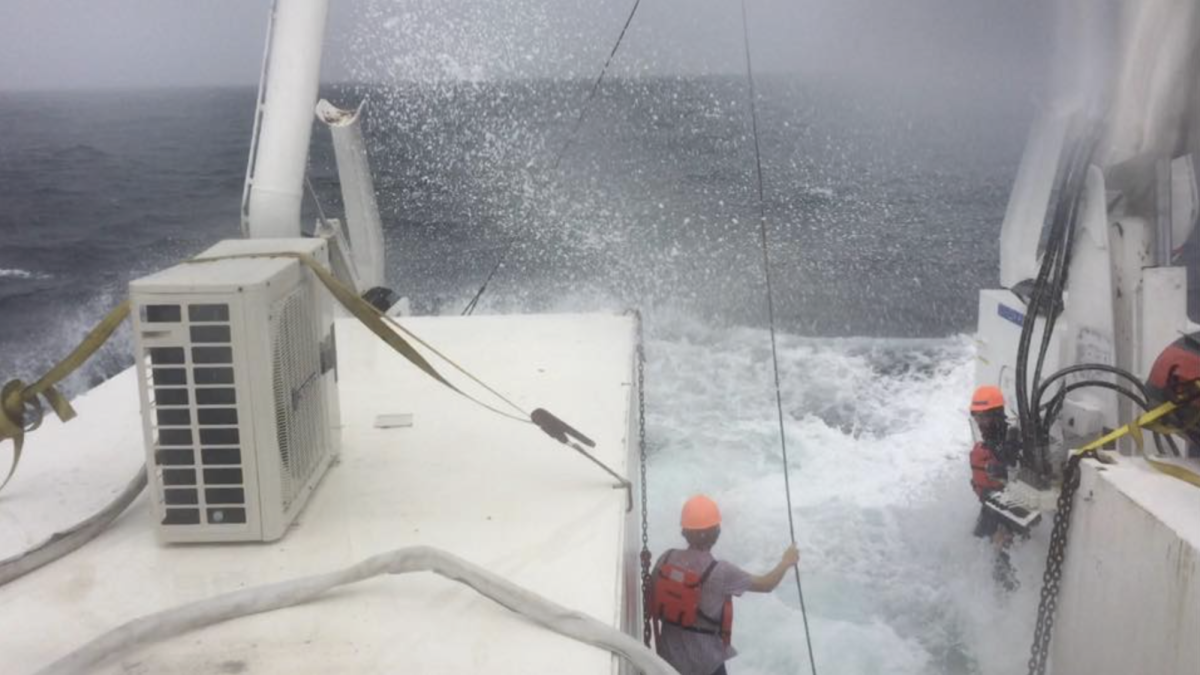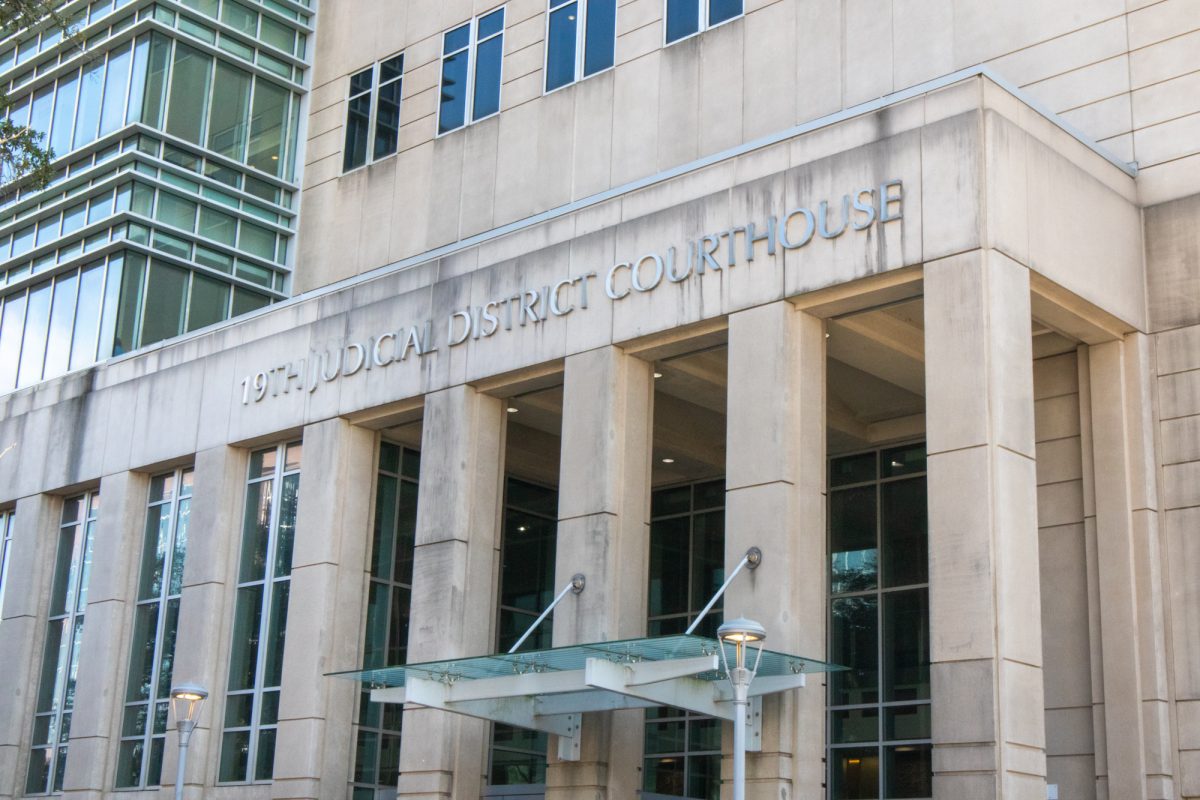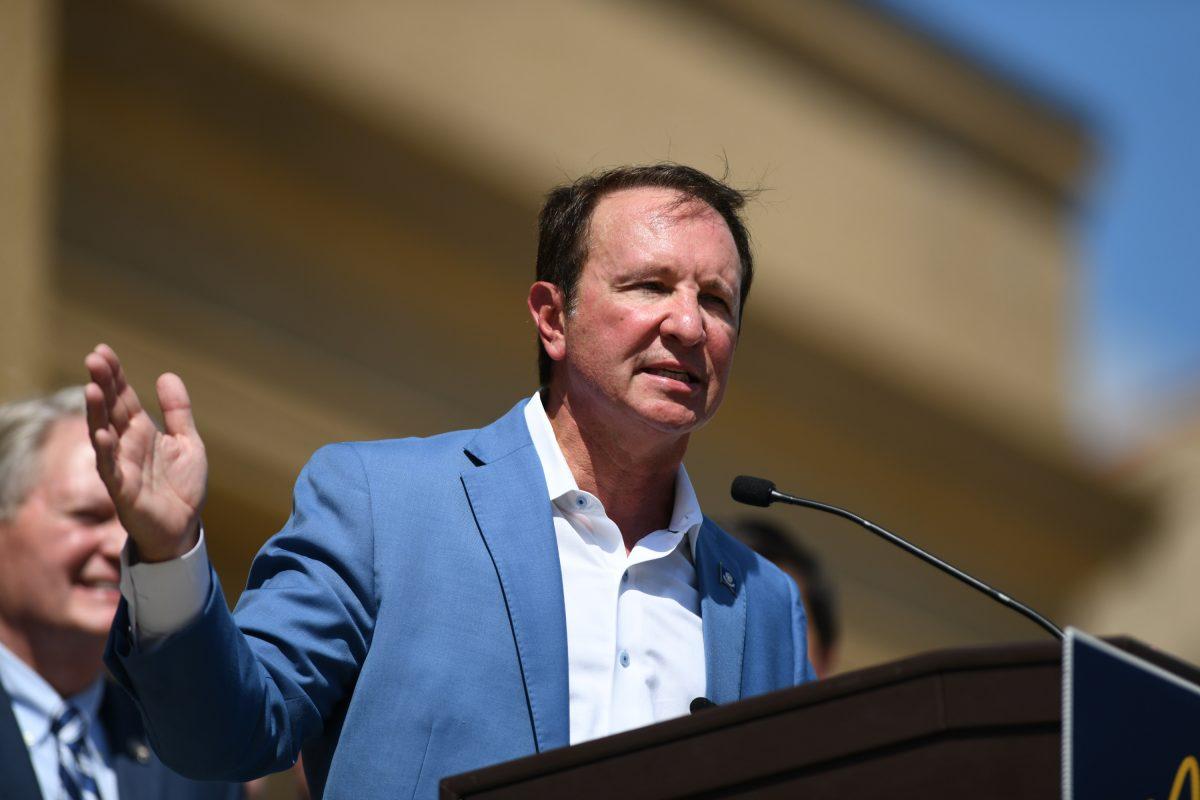Jenny Byrd keeps a tally in her black bound notebook. She knows what every mark represents. Each time Byrd, a wildlife ecology student at LSU, visits Louisiana shorelines, she brings her notebook and a telescope. She is counting the birds. “You stand in one spot for 20 minutes, scanning the birds flying over or sitting down,” she said. As one of the founders of a student coalition on LSU’s campus, Byrd, along with several classmates, visits the Gulf of Mexico at least once a week conducting bird surveys. The coalition to help the Gulf’s oil leak relief represents many of the major economic organizations on campus. When a survey is collected, the birds are counted and identified by species. If the birds have any oil on their body, each one is rated on a scale of 1 to 4 – 1 being a few spots and 4 representing oil on the bird’s entire body.
With limited access to the beaches, however, several members say they feel like their hands are tied to help with the relief. “There’s so many students that want to do something,” Byrd said. “Students are waiting to hear something but we just don’t have anything to tell them.” While the Louisiana Serve Commission is collecting a volunteer database, the opportunities for people with no experience or training are limited, said Cami Geisman, spokesperson for the Louisiana Department of Culture, Recreation and Tourism. “Because of the toxic nature of the oil we can’t dispatch volunteers on beaches with oils.”The latest total shows 8,000 people have signed up to volunteer, but only a handful of cleanup days that allow volunteers to pick up trash along the shorelines have been organized, she said, adding that volunteers are given a notice every few days and will be contacted when more opportunities become available.But Jonathan Carpenter, president of the student coalition, said there are many opportunities people with limited skills could be involved in, including bird surveys.After the coalition was formed, Carpenter, conservation biology senior, began working with several graduate students to write a protocol to teach volunteers how to conduct bird surveys along the coast.
Now working with several organizations, including Audubon Society, Carpenter says data collected from the surveys is turned over to a liaison for the organization. “We want [BP] to be liable for environmental damages. It’s important to quantify these damages.”
The coalition was founded to be the central source for cleanup related information for students on campus, but now the group is trying to become more politically involved, Carpenter said.Partnering with Coastal Rescue, the Youth Alliance of Louisiana Leaders and the Sierra Club Delta Chapter, the groups organized a two-day rally June 17 and 18 at the Capitol in Baton Rouge called “Love Your Coast.”About 30 to 40 people congregated on the Capitol steps to listen to key speakers before gathering in the lobby to talk with lawmakers about environmental policies.”It’s to show people we stand in solidarity with people who are hurting,” said Devin Martin, Conservation Coordinator with the Sierra Club Delta Chapter. “And [it’s] calling for our state legislators to change policies.”
Several students were in the mix, holding hand-made signs and wearing home-made shirts painted with green peace signs to protest BP.”A lot of people my age feel like there’s not a lot they can do,” said Lily Stagg, a political science freshman at the University of Louisiana at Lafayette. “We tried to volunteer to clean up but it never panned out.”Stagg and her three friends, who drove to Baton Rouge from Lafayette, agreed they wanted to get involved with the cleanup.
While volunteer options are limited, Carpenter said the student coalition is also working to educate people about the current dangers from the oil spill.–
Contact The Daily Reveille’s news staff at [email protected]
Student volunteers find outlets for oil spill relief
June 27, 2010






